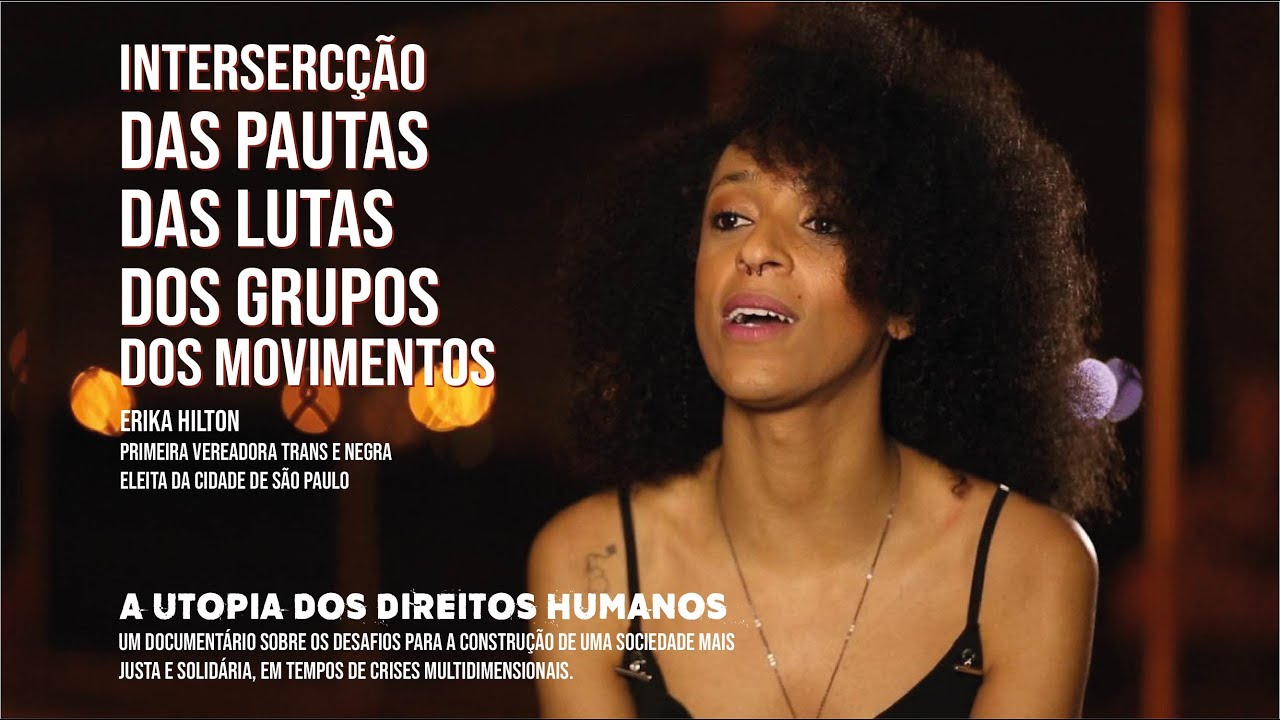Markets Without Borders - Full Video
Summary
TLDRThe video highlights the critical role of property rights and legal frameworks in enabling capitalism and globalization, especially in developing nations. Hernando de Soto argues that despite the entrepreneurial spirit present in Africa and other regions, billions remain excluded from the capitalist system due to a lack of legal recognition and property rights. By examining the informal economies in places like Tanzania and Peru, the narrative emphasizes that true globalization requires accessible legal structures that empower individuals to leverage their assets, ultimately fostering economic growth and prosperity for all.
Takeaways
- 😀 Globalization has led to increased prosperity worldwide, but billions still live in poverty.
- 😀 Two-thirds of the global population, around four billion people, are excluded from the capitalist system.
- 😀 The lack of property rights and inclusive business laws is a significant barrier to economic participation in Africa.
- 😀 Many Africans exhibit entrepreneurial spirit, yet their efforts are often stifled by insufficient legal structures.
- 😀 Proper documentation of assets, such as property, is crucial for unlocking their full economic potential.
- 😀 Capitalism is functioning in developed countries, but many developing nations still operate under pre-capitalist conditions.
- 😀 Informal economies dominate in many regions, with a vast majority of businesses operating outside the law.
- 😀 The rule of law is essential for facilitating global trade and economic growth.
- 😀 Relationships, guided by legal frameworks, are key to successful globalization.
- 😀 The ongoing exclusion of two-thirds of the world’s population from economic opportunities threatens global stability.
Q & A
What is Hernando de Soto's main argument regarding globalization?
-Hernando de Soto argues that globalization is a civilization in the making, but it often excludes a significant portion of the population from participating in capitalism, which leads to ongoing poverty.
How does de Soto define the role of law in globalization?
-De Soto states that globalization relies on the rule of law, which provides the necessary framework for property rights and economic transactions, allowing individuals to trade and leverage their assets.
What percentage of Tanzania's properties are held extralegally, according to de Soto?
-De Soto mentions that eighty-nine percent of all properties in Tanzania are held extralegally, which means they are not formally recognized by the law.
What does de Soto mean by saying that capital exists in the mind?
-De Soto suggests that capital is not just physical assets; it is a concept captured in documents and property rights, allowing individuals to recognize the potential value of their resources.
How does the informal economy impact entrepreneurs in Africa?
-The informal economy limits entrepreneurs in Africa by preventing them from accessing legal recognition and protections, which hinders their ability to grow and participate in the global economy.
What does de Soto identify as the main issue for the poor in developing countries?
-De Soto identifies the lack of legal frameworks and property rights as the main issue that keeps the poor in developing countries from participating in and benefiting from capitalism.
What example does de Soto use to illustrate the disconnect between property and its economic potential?
-De Soto uses the example of cattle sales, noting that without titles, cattle lose significant value in the market, highlighting how legal documentation is crucial for realizing economic potential.
What is the relationship between globalization and entrepreneurship in Africa?
-De Soto argues that while there is a strong spirit of entrepreneurship in Africa, the absence of legal institutions prevents these entrepreneurial activities from being recognized and supported, stifling economic growth.
According to de Soto, what are the effects of poverty on society?
-De Soto states that poverty leads to suffering, sickness, and societal degradation, which can result in crime and corruption, ultimately undermining social stability.
What does de Soto suggest is necessary for effective globalization?
-De Soto suggests that effective globalization requires establishing legal systems that provide property rights and facilitate economic relationships, enabling all individuals to engage in the global economy.
Outlines

Dieser Bereich ist nur für Premium-Benutzer verfügbar. Bitte führen Sie ein Upgrade durch, um auf diesen Abschnitt zuzugreifen.
Upgrade durchführenMindmap

Dieser Bereich ist nur für Premium-Benutzer verfügbar. Bitte führen Sie ein Upgrade durch, um auf diesen Abschnitt zuzugreifen.
Upgrade durchführenKeywords

Dieser Bereich ist nur für Premium-Benutzer verfügbar. Bitte führen Sie ein Upgrade durch, um auf diesen Abschnitt zuzugreifen.
Upgrade durchführenHighlights

Dieser Bereich ist nur für Premium-Benutzer verfügbar. Bitte führen Sie ein Upgrade durch, um auf diesen Abschnitt zuzugreifen.
Upgrade durchführenTranscripts

Dieser Bereich ist nur für Premium-Benutzer verfügbar. Bitte führen Sie ein Upgrade durch, um auf diesen Abschnitt zuzugreifen.
Upgrade durchführenWeitere ähnliche Videos ansehen
5.0 / 5 (0 votes)






